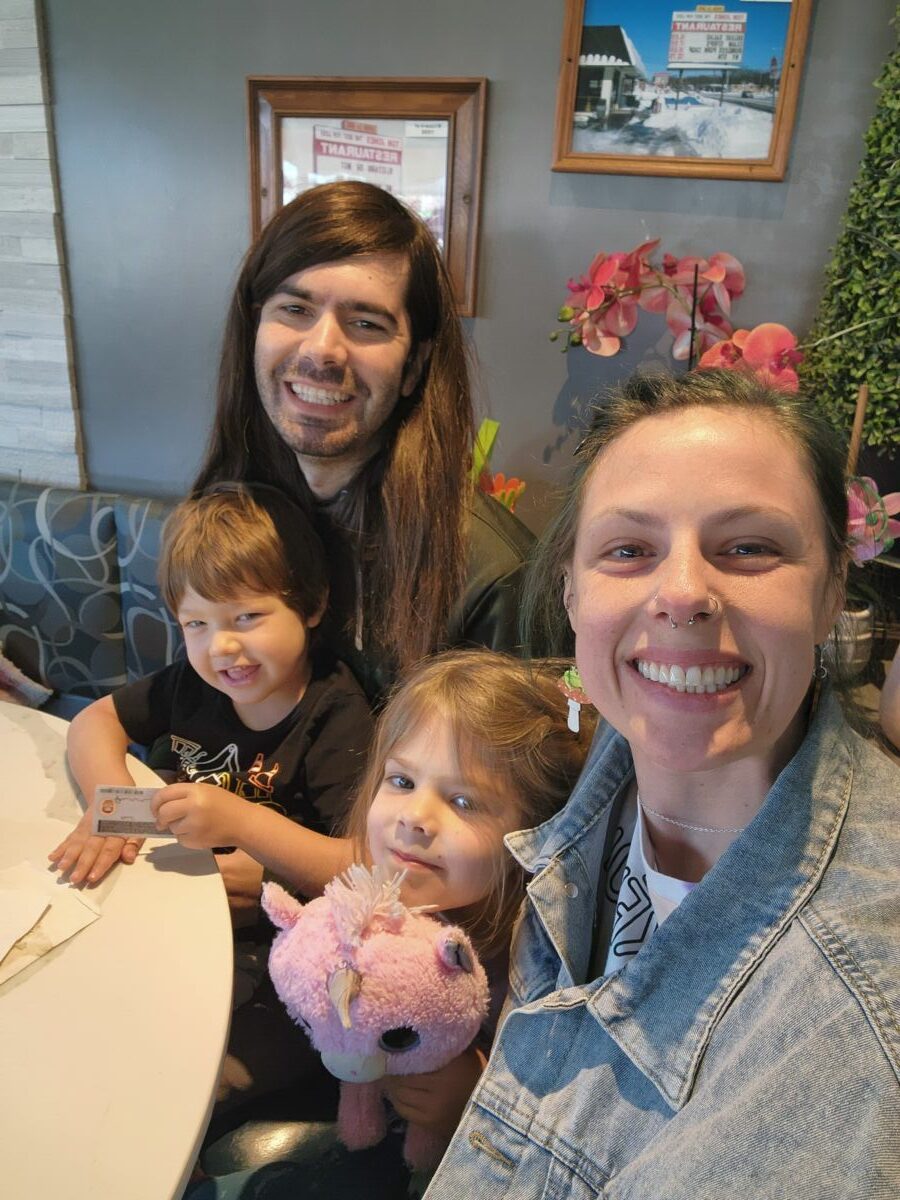Words of wisdom from a younger survivor
By Heather O’Connor
I’d say I’ve had some “dark things” happen to me so far in life. The kind of “thing” that makes you lose your breath for a moment like you’ve been punched so hard in the gut that spit flies out of your mouth. I think everyone carries some trauma with them to a degree, some darkness. One of the darkest moments of my life happened to 24-year-old me when my phone rang on June 16, 2016, and I first heard the words, “I’m so sorry, you’ve tested positive for HIV.” I was outside of a Chipotle during a work lunch with brand new coworkers. I remember falling to my knees behind the dumpsters, strangers staring unknowingly, and thinking my life was over. I felt so alone and so lost, without a single thought of what I could and should do next. I thought death was imminent. This was the beginning of the end.
After my diagnosis, I immersed myself in content about HIV/AIDS and the AIDS epidemic specifically. I grew up going to a Catholic school where sex education was non-existent, celibacy was celebrated and expected, and conversations regarding sex were associated with shame. Sex was a sin outside of a traditional monogamous, Catholic marriage. Coming from a place of ignorance, I knew nothing about HIV/AIDS other than it was associated with gay men and ended in death. On a particularly grief-stricken day in the midst of processing my diagnosis, I sat down to watch the documentary, “How to Survive a Plague.” This glimpse into the start of the AIDS epidemic in the ’80s and early ’90s changed me as a human being.
While watching this documentary, my heart opened wide to hold space for the millions of humans who lost their lives due to complications of AIDS during the epidemic, and also to those still living with HIV who experienced loss, anger, desperation, and eventually hope as a result of tireless advocacy and activism. These heroes were the reason that treatment existed in the first place. As a result of such powerful collective bravery and dedication, I was able to live. I am able to continue living, and living well.
I remember the first time I was in a room with other people living with HIV, including long-term survivors. I connected with so many kind eyes without introduction or question. With that connection, I felt whole. The energy in the room was palpable and I’d assert that it was a direct result of the unspoken bond between two human beings who have had the experience of receiving an HIV diagnosis. That gut-wrenching feeling—we’d all felt it before, and because of that, we spoke without the need for words. There was love and understanding, a kind of love and understanding I’d never experienced in this way before. I was home.
In my position as Program Coordinator for The Reunion Project, I am able to connect with long-term survivors, including lifetime survivors (people who’ve had HIV since birth or a very young age), all over the country. I have listened to stories of resilience, love, and growth. I have listened to stories of defeat, loss, and hopelessness. The way long-term survivors hold space for each other, there is room for every thought and every feeling that comes to the surface. I am inspired. I am inspired to live fully and loudly and beyond my diagnosis. I am thankful. I am thankful for those who fought before me and continue to fight so that people living with HIV can achieve and maintain a good quality of life. It’s more than the medication, more than staying undetectable. It’s about taking up space and doing so unapologetically. That’s what long-term survivors have taught me, and that’s what I will continue to teach as the torch is passed on to me. My eyes and ears are open and I’m ready to take up my space. Thank you to all of the long-term survivors who gave me the courage to do so. I hold each of you in my heart as my journey continues to unfold.
Heather Rhea O’Connor is a 32-year-old woman, wife, and mother living with HIV. Heather currently serves as the Program Coordinator for The Reunion Project.
